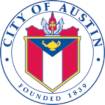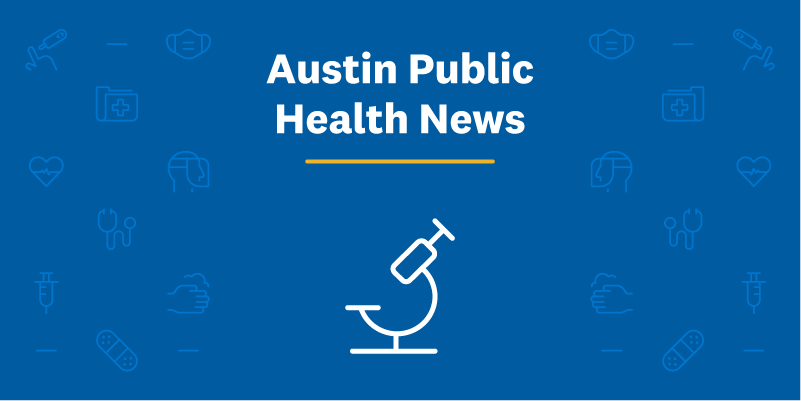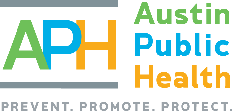

Community spread means infection in the area is moving at such a rate that the source can not be identified to a single individual or population
AUSTIN, Texas – Austin Public Health (APH) reports community spread of monkeypox in Austin-Travis County as additional cases are identified and confirmed. APH continues to provide key information to the public in an effort to prevent the spread of monkeypox within the community and educate the public on preventative steps they can take to avoid exposure and protect themselves.
People should try to avoid skin-to-skin contact with strangers, especially those who have a rash or whose health history is unknown. The virus can also be spread through contaminated clothing or bed linens, and by sharing eating utensils or cups, cigarettes or vaping devices, kissing, and other activities where saliva might be exchanged with a person who has monkeypox.
“We need to be safe and follow practices we’ve learned from COVID-19 to prevent the spread of monkeypox here in our community,” said Dr. Desmar Walkes, Austin-Travis County Health Authority. “Try to reduce close, intimate interactions with those whose health history you’re unaware of. Use hand sanitizer, and wear masks when in close quarters with others who have symptoms.”
Monkeypox can be spread to anyone, regardless of sexual orientation and travel history. While the virus is known for causing patients to have a rash, symptoms can also include fever, muscle and body aches, headaches, chills and swollen lymph nodes.
“Stigma and blame undermine trust and capacity to respond effectively during outbreaks like this one,” said APH Director Adrienne Sturrup. “We know from experience that stigmatizing rhetoric can disable an evidence-based response with fear, driving people away from health services and impeding case investigations.
As of Tuesday, six monkeypox cases and seven presumptive cases were confirmed in Austin-Travis County. Local monkeypox case totals will be updated online every Thursday.
Monkeypox does not spread easily between people without close contact. The virus can be transmitted by person-to-person contact including:
- Direct contact with the infectious rash, scabs, or body fluids.
- Respiratory secretions during prolonged, face-to-face contact, or during intimate physical contact, such as massages, kissing, cuddling, sex, or contact with genitals.
- Touching fabrics and objects that were used by a person with monkeypox and that have not been disinfected such as bedding, towels, and other personal items.
- Pregnant people can spread the virus to their fetus through the placenta.
Symptoms of monkeypox can include:
- Fever
- Headache
- Muscle aches and backache
- Swollen lymph nodes
- Chills
- Exhaustion
- A rash that can look like pimples or blisters that appears on the face, inside the mouth, and on other parts of the body, like the hands/palms, feet, chest, genitals, or anus.
- The rash goes through different stages before healing completely. The illness typically lasts 2-4 weeks.
There are several measures that can be taken to prevent infection with monkeypox:
- Minimize skin-to-skin contact, especially if a person has been exposed to the virus, showing a rash or skin sores.
- Avoid contact with any materials, such as bedding, that have been in contact with monkeypox.
- Practice good hand hygiene. For example, washing your hands with soap and water or using an alcohol-based hand sanitizer.
- Use personal protective equipment (PPE), mask, gloves, eye protection and gowns when caring for people infected with monkeypox.

About Austin Public Health
Austin Public Health is the health department for the City of Austin and Travis County. Austin Public Health works to prevent disease, promote health and protect the well-being of all by monitoring and preventing infectious diseases and environmental threats and educating about the benefits of preventative behaviors to avoid chronic diseases and improve health outcomes.
